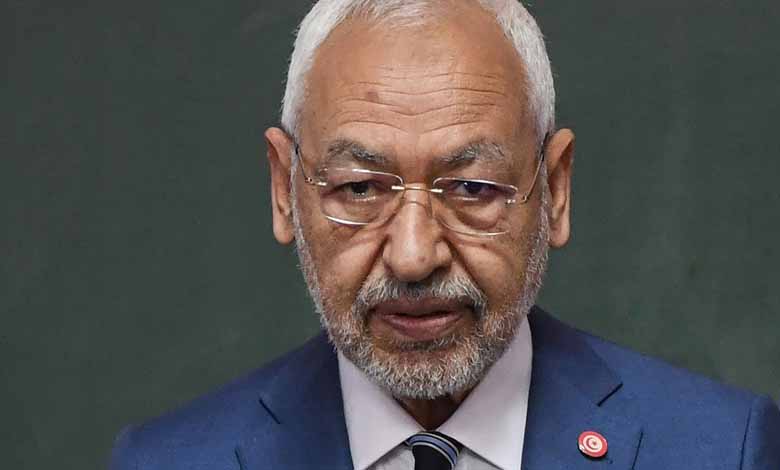The new constitution writes the end of Ghannouchi and his group

The Tunisian state, headed by Kais Saied, is making great efforts to ensure the success of the political map drawn by the Tunisian people during the demonstrations in July of last year, during which action was taken against the Ennahdha Brotherhood movement, which sought to destroy the country. The political map in Tunisia started by calling for a referendum on the new constitution.
Referendum abroad
Tunisians living abroad started to vote, Saturday, on the new constitution in the popular referendum, which will be held tomorrow, Monday, inside Tunisia. Other offices in European capitals and Arab countries witnessed a turnout of Tunisians. The Tunisian moves come amid Brotherhood attempts by Ennahdha to spread rumors and lies to target the country, spread discord in the country and call for a boycott of the electoral process by casting doubt on what the Tunisian state is doing.
Brotherhood Trial
Dr. Oussama Aouidet, a Tunisian political analyst, said that the referendum call and the participation of Tunisians abroad in the voting process is the beginning of drawing the political map in Tunisia, and the unequivocal response to the attempts of the terrorist Muslim Brotherhood group that wants to thwart the referendum and reject the new constitution.
The Tunisian political analyst added: “Tunisians are prepared to go down to the polls and participate and express their views on the electoral fund, and to affirm their stand by the Tunisian state against any vain attempts that seek to wreak havoc and destruction in the Tunisian state. This new constitution will spell the end for Ghannouchi and the Muslim Brotherhood in Tunisia, he continued, adding that the Tunisian people demand the continuation of the trials of Ennahdha movement and its leaders for what they have committed against the Tunisian people and the Tunisian state over the past period, pointing out that this movement has sought in the country corruption and terrorism and there must be swift accountability”.
Referendum will succeed
For her part, Dr. Amina Al-Naqash, a journalist, said that it is too early to expect participation in the referendum on the new Tunisian constitution, which is taking place in Tunisia, but the reasons that led to the drafting of a new constitution, and surrounding the circumstances of its submission to the popular referendum, are the same that are likely to succeed. She confirmed that the constitution, which President Kais Saied formed a committee to draft, builds a presidential republic system, contrary to the parliamentary system established by the 2014 constitution, and was drafted by Ennahdha Movement in a way that serves its interests only. Tunisia intervenes in a decade of chaos and the collapse of state institutions, which have turned into a prize being shared, pointing out that the support of the Tunisians for the measures of the Parliament and the government to open the door to corruption, and the whole, and to combat corruption, since July, the Popular Constitution, and stop the entire period of action I left the country.
She added: Ennahdha leader Rached Ghannouchi is being prosecuted on charges of terrorism, money laundering, and receiving external funding from his movement’s charitable organizations. Banks have also frozen his assets and a number of Ennahdha leaders and banned them from traveling. This means that Ennahdha, which is condemned for corruption and terrorism and is divided against itself, cannot convince anyone that its call for boycotting the referendum is in the interest of Tunisians. There are a number of objective factors that combine to make the referendum a success and to start the new constitution in preparation for the general elections next December.












